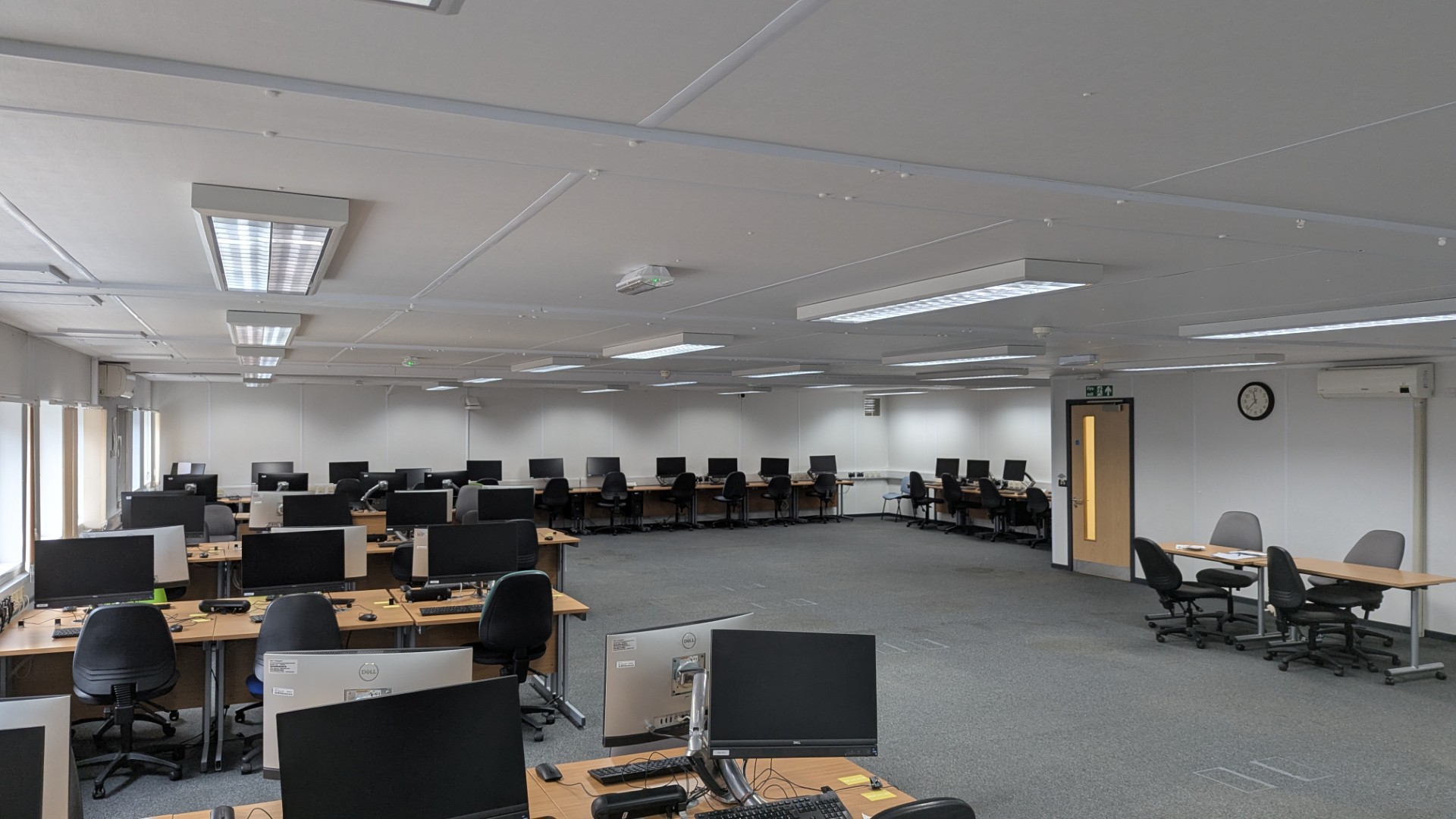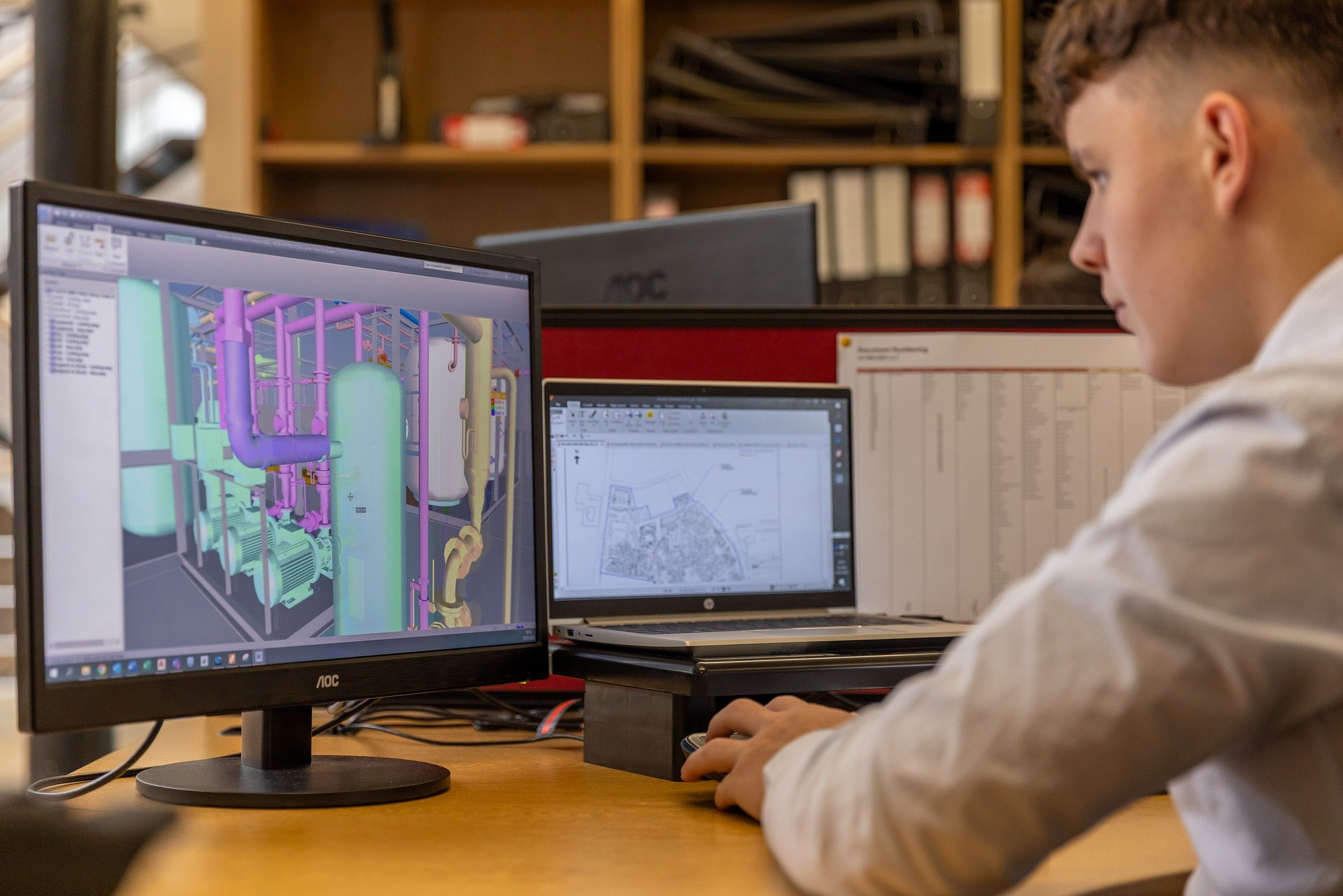Author: Daniel
-

ECS401U Quiet Room: Final Report
Last semester, alongside lecturers and teaching staff on the ECS401U Procedural Programming module, I worked to establish a quiet room during the usually busy lab sessions. Though aimed at the needs of neurodivergent students (and informed by my own experiences of university, it was open to all students and was very well recieved. The report…
-

Byte Queens
Written with Ilenia Maietta. Women have made vital contributions to computer science ever since Ada Lovelace debugged the first algorithm for an actual computer (written by Charles Babbage) almost 200 years ago. Despite this, women make up only a fraction (25%) of the STEM workforce: only about a fifth of senior tech roles and only…
-

Solving Railway Timetabling Problems with Data Visualisation
Train timetables are complex. When designing a timetable for railways you have to think about the physical capabilities of the actual train, what stops it needs to make, whether it is carrying passengers or freight, the number of platforms at a station, the gradient of the track, and the placement of passing loops on single-track…
-

University and Friendships: Experiences of an Autistic Student
In many posts online, new students are sharing their excitement for starting at universities all over the country – but there’s also many students who are struggling, whether that be with homesickness, being in a new environment, or making friends. It’s on this latter point that I have been concerned about particularly. It seems a…
-

Ask About Asthma
This week (9-15 September), as many young people are heading back to school after their summer holiday, NHS England is suggesting that teachers, employers and government workers #AskAboutAsthma. The goal is to raise awareness of the experiences of those with asthma, and to suggest techniques to put in place to help children and young people…
-

Working in Computer Science: An Autistic Perspective (Part 2)
In part 1, we spoke to Stephen Parry about his experiences of working in computer science as an autistic person. In this second part, we discuss with him his change from this stressful working environment to teaching A-Level computer science, and how rewarding he has found teaching as a career. Continues on the CS4FN blog… Featured…
-

Working in Computer Science: An Autistic Perspective (Part 1)
Autism is a condition with many associated challenges, but for some people it presents some benefits. This distinction is greatly apparent in the workplace, where autistic people often find it difficult to get along with others (and their boss), and to complete the work that has been set for them. It’s not all negatives though:…
-

Going Bananas with R
One of my many tasks in preparation for my PhD is to get my head around the statistical computing programming language, R, which will have a considerable part to play in my upcoming research projects. R supports data analysis and data visualisation, with the help of a huge number of extension packages. I have included…
-

Trauma-Informed Approaches: Lessons for Autism Research
This article discusses themes of mental health and trauma. I have recently been working through a course about trauma-informed design [1]: the technique of reducing user stress and re-traumatisation through thoughtful experimental and system design. It occurred to me that many of the design choices suggested could apply to making a safe research environment for…
-

Accessible Technology in the Voting Booth
On Thursday 4th July 2024, millions of adults around the UK went to their local polling station to vote for their representative in the House of Commons. However, for the 18% of adults who have a disability, this can be considerably more challenging. While the right of voters to vote independently and secretly is so important,…